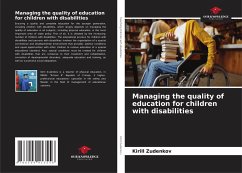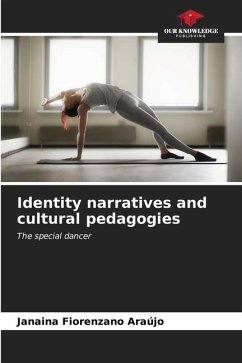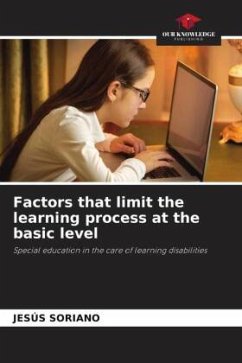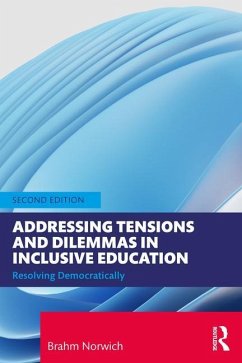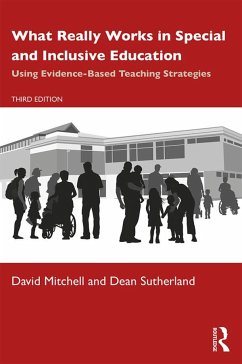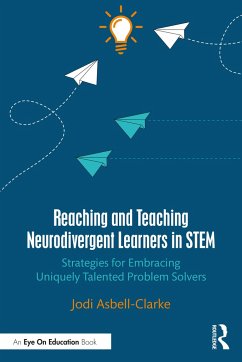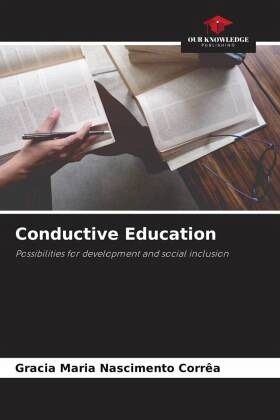
Conductive Education
Possibilities for development and social inclusion
Versandkostenfrei!
Versandfertig in 6-10 Tagen
36,99 €
inkl. MwSt.

PAYBACK Punkte
18 °P sammeln!
Brain injury, whatever its nature or magnitude, leaves deep scars. As we are multidimensional beings, we are affected in all our aspects: physical, cognitive, emotional, behavioural, which alters our relationships with the world and with ourselves. In the search to overcome the barriers imposed by a brain injury, people, families dedicate themselves to finding all means, methods, care, in short, something that improves conditions and opens up prospects for life or quality of life. Initiated in the 1940s and 1950s by the Hungarian doctor András Petö, Conductive Education has reached the 21st ...
Brain injury, whatever its nature or magnitude, leaves deep scars. As we are multidimensional beings, we are affected in all our aspects: physical, cognitive, emotional, behavioural, which alters our relationships with the world and with ourselves. In the search to overcome the barriers imposed by a brain injury, people, families dedicate themselves to finding all means, methods, care, in short, something that improves conditions and opens up prospects for life or quality of life. Initiated in the 1940s and 1950s by the Hungarian doctor András Petö, Conductive Education has reached the 21st century, known as CE (Conductive Education) and recognised worldwide by those who know it or enjoy its benefits, as a pedagogy of movement that transforms the lives of people with sequelae of brain injury, benefiting children and adults with difficulties to coordinate and control their movements. With little literature in Portuguese on Conductive Education, we present the theoretical and methodological principles of this approach, which can contribute to the reflection of all who take on the challenge of inclusion for people with disabilities.



